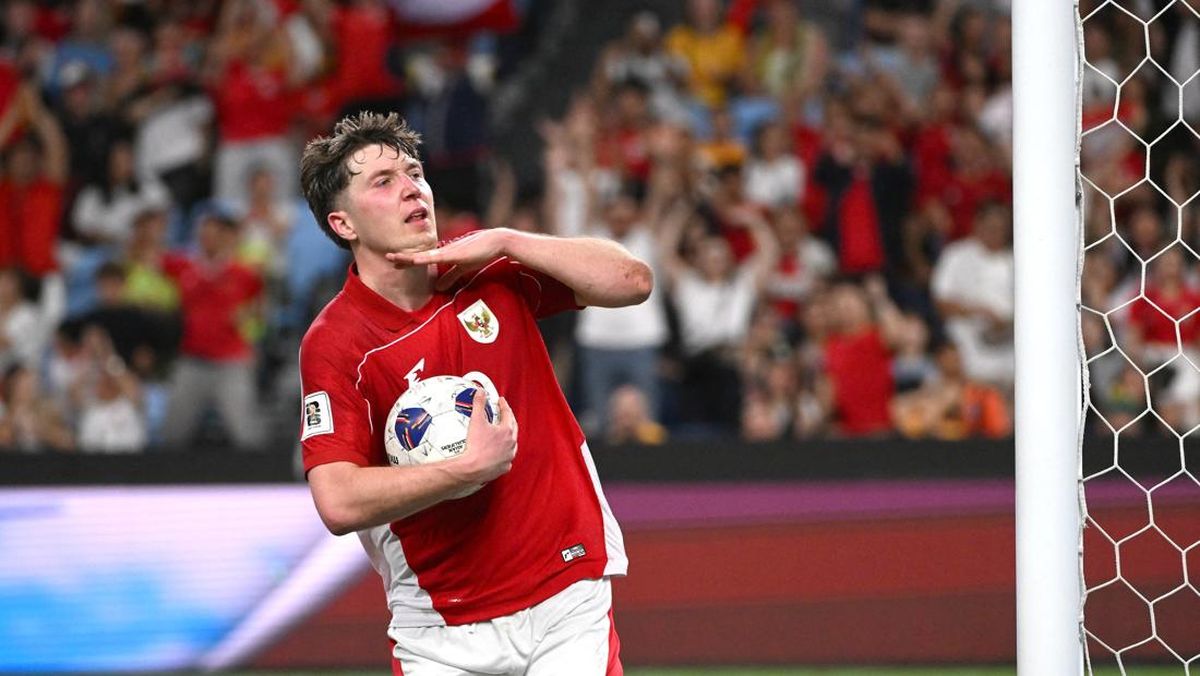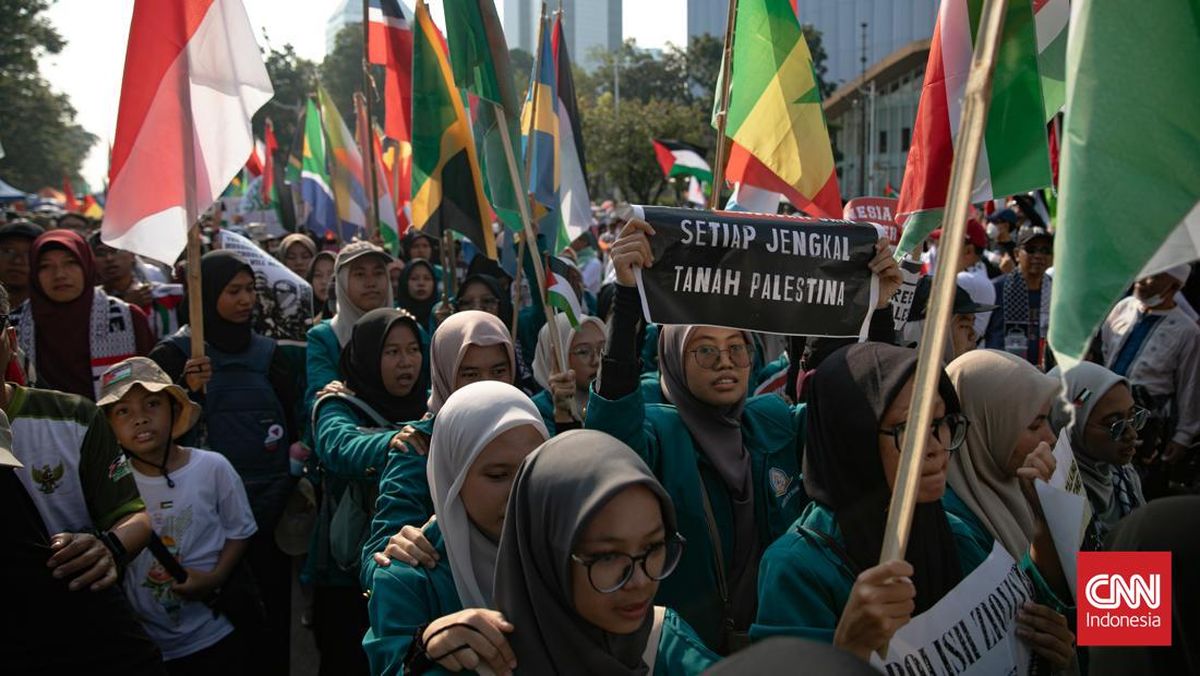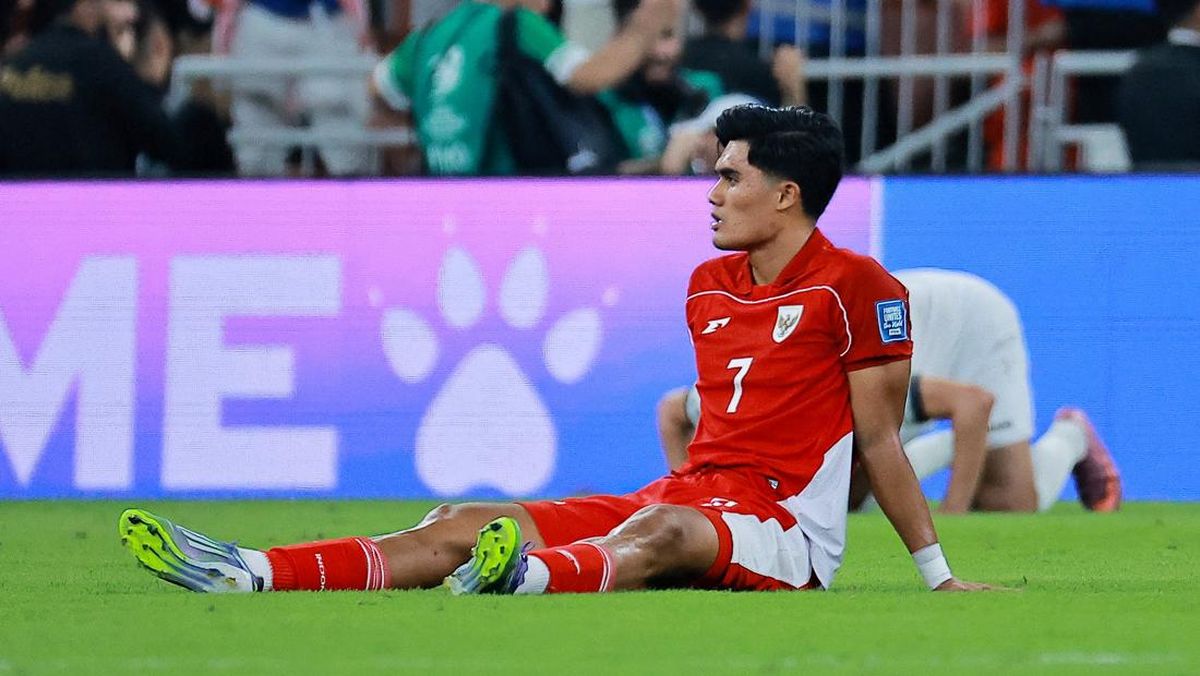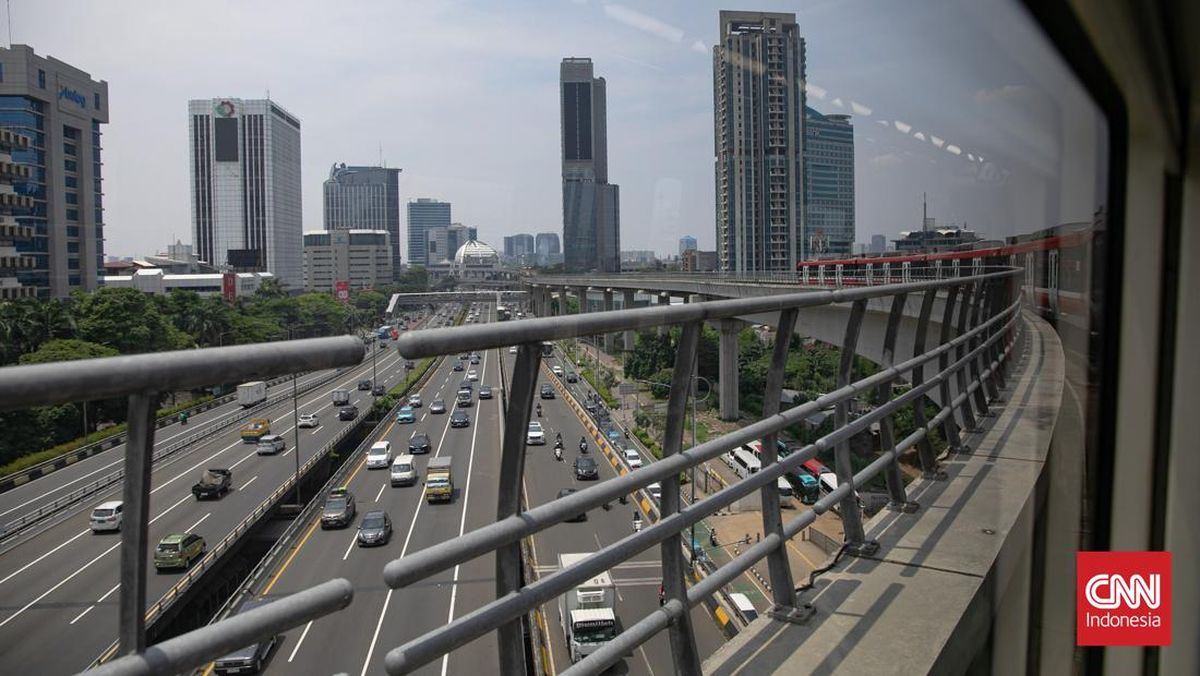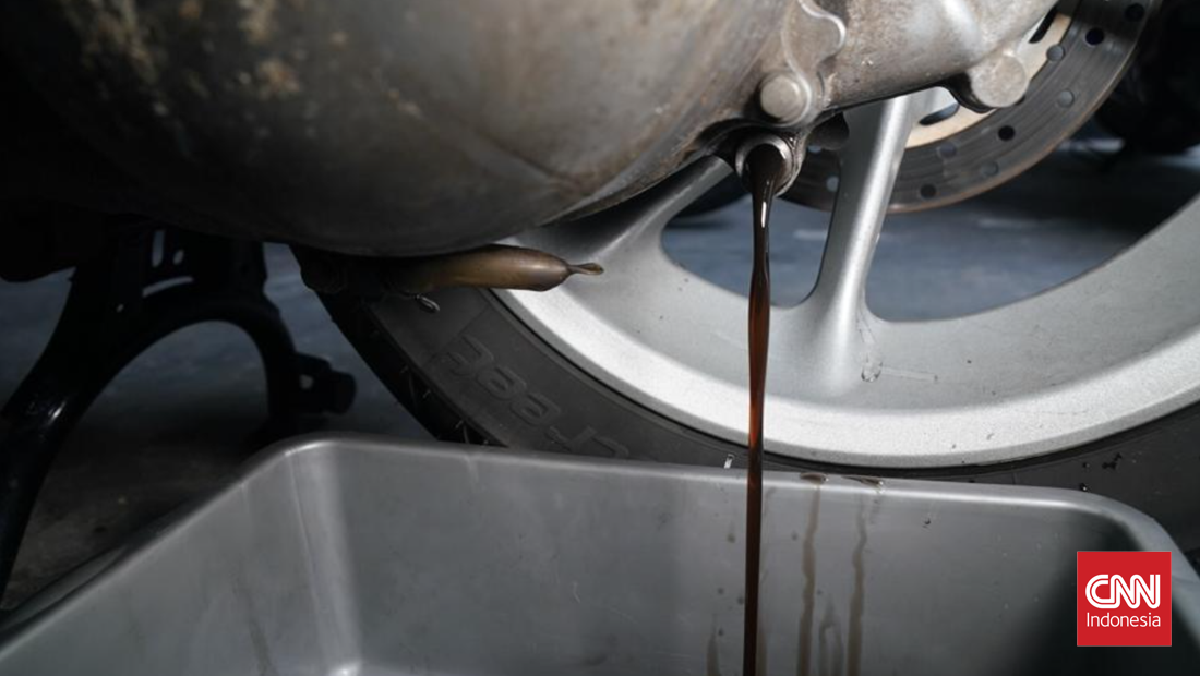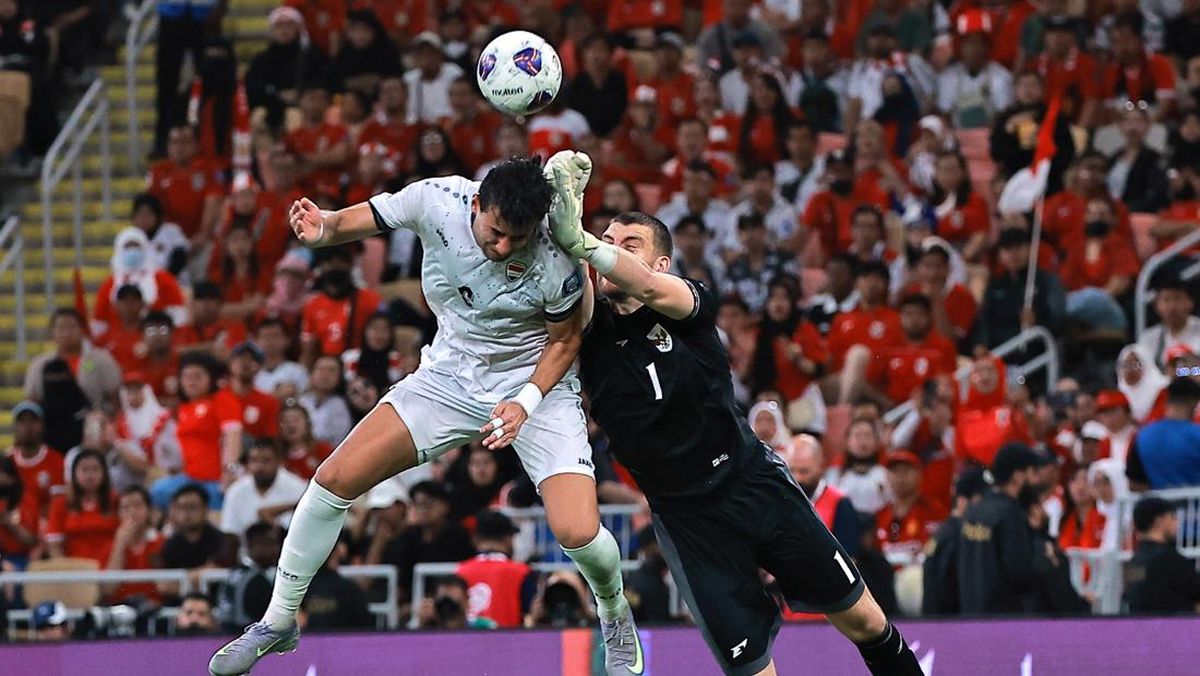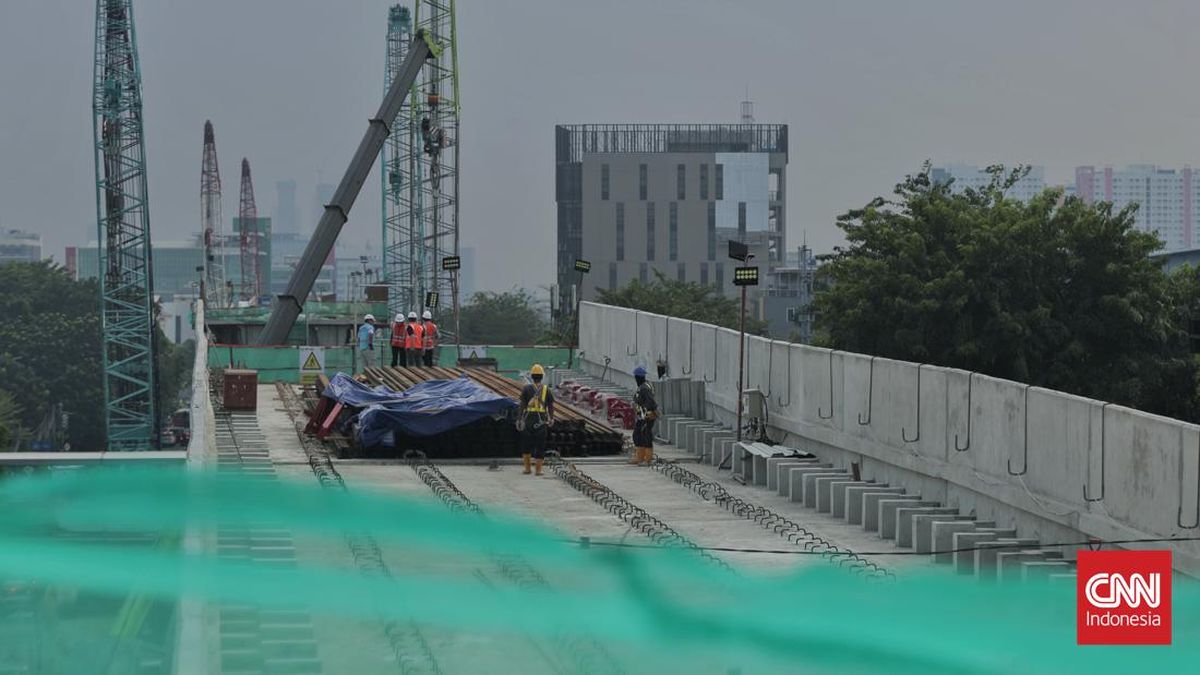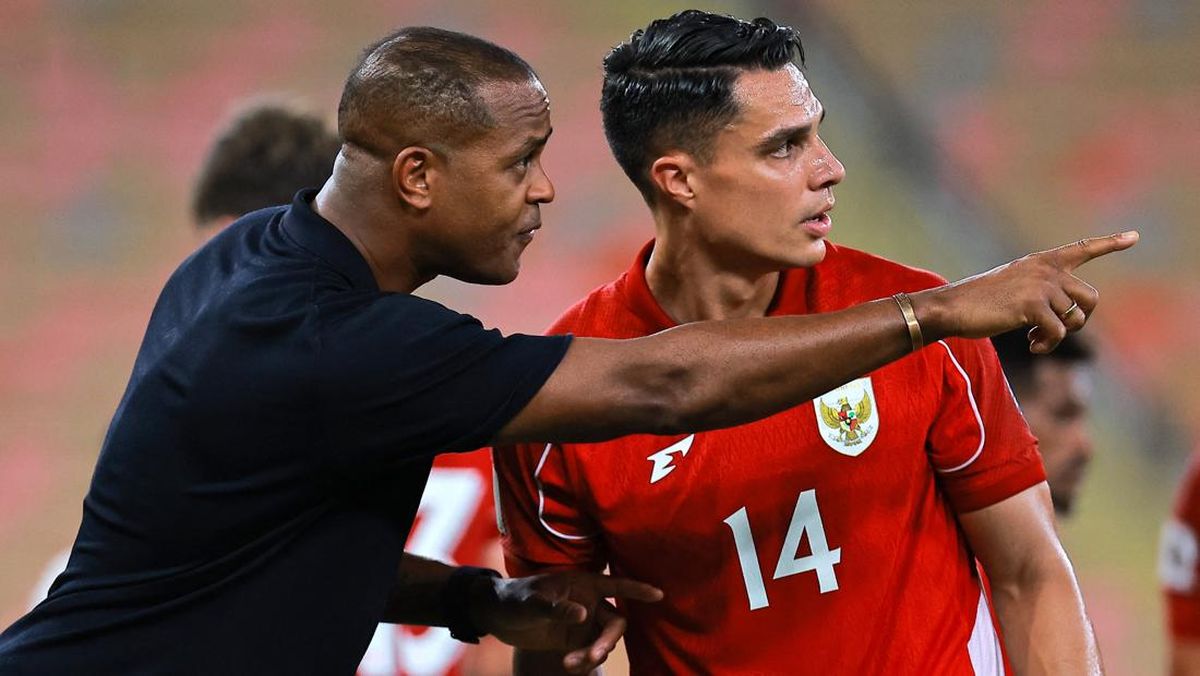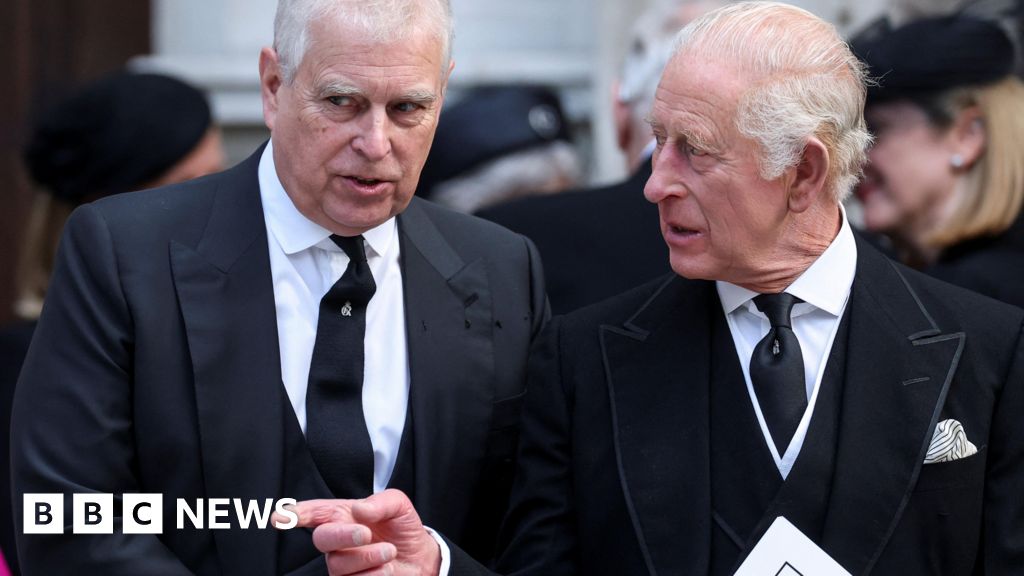Opinion
October 12, 2025 — 1.32pm
October 12, 2025 — 1.32pm
On Friday night, the Norwegian Nobel Committee chose to honour Maria Corina Machado, the opposition leader in Venezuela, for “her struggle to achieve a just and peaceful transition from dictatorship to democracy”. It’s an acknowledgment of the broader work being done around the world to defend the ideal of democracy against rising authoritarianism.
Donald Trump has long wanted that prize. His obsession with the Nobel Peace Prize has spanned more than a decade, a fixation born of the belief that global prestige belongs to him simply because he commands attention. His obsession has been so clear that countries looking to earn his favour have made a show of nominating him, as Pakistan and Cambodia did in recent months. To him, the Nobel is the grandest symbol of validation — proof the showman has become the statesman.

A man wearing a mask resembling US President Donald Trump holds a sign designed like a Nobel Peace Prize medal at a rally in Tel Aviv on Saturday.Credit: AP
Now, as Trump inserts himself into the ceasefire talks over Gaza, it’s worth asking what is driving his foreign policy. He is, after all, the president of the United States, and no longer just a steak salesman. But it’s clear he is not interested in solving the world’s challenges to achieve peace. His calculus has always been about power.
While many world leaders use warmth and predictability as bargaining chips, Trump has taken the opposite approach. He leverages his own unpredictability as a way to keep the other side off balance. It’s a hallmark tactic — a sort of Sun Tzu for grift.
The last few weeks have seen a surge in Trump’s diplomatic activity, this time focused on Israel and Gaza after months of posturing and failed talks. There seems a degree of hope for a breakthrough.
These bursts tend to happen when Congress is out of session and Trump has to find another stage. August’s Congressional recess saw summits with Putin and Zelensky, and this government shutdown, one of Trump’s own invitation, offers little for Trump to do, given that Democrats have no reason to trust him.
Loading
For Trump, though, foreign policy is not about building a lasting peace. It’s about image and validation. He is a creature of television, and diplomacy is performance. He sees it as a ratings event, not a resolution. His “peace president” branding — complete with campaign graphics, slogans, and early messaging that framed him as a peacemaker — was just another marketing exercise, a continuation of the myth that began on The Apprentice.
Trump sees every foreign negotiation as a kind of stage. The Nobel Prize sits at the top of that hierarchy of applause. It represents, in his mind, the ultimate acknowledgment that his chaos has been recast as genius.
That same theatrical instinct explains much of his diplomatic chaos. Trump uses unpredictability as leverage, believing that if no one knows where he stands, they’ll bend first. We’ve seen this from Ukraine to Gaza — the rapid oscillation between threats, flattery, and indifference. He mistakes confusion for control, volatility for strength. The result is a foreign policy of lurches, moments of spectacle that collapse once he grows bored or distracted, a pattern visible in his willingness to wield unilateral sanctions to get what he wants, consequences be damned.
His domestic and foreign policy are linked by the same principle of domination. What he cannot control, he undermines. What he cannot win outright, he destabilises. Trump has reimagined the American state as a personalist regime, one that functions primarily to serve his vanity. He has openly praised strongmen and dictators around the world, admiring their regimes. He respects Netanyahu and Putin, who use war as a pretense to preserve their own political power, all the while stripping the people of nay ability to meaningfully challenge them.
But Trump’s version of power is fundamentally different. Where they rely on repression, he relies on attention. He requires constant affirmation, not dissimilar to my toddler niece. His charisma is maintained not through fear but through spectacle. Trump would gladly welcome the kind of adulation other autocrats demand. That’s what makes the Nobel so irresistible. It’s applause made permanent.
Trump sees the world as a ledger. Everything can be solved by the inelegant application of force or by a negotiation so unpleasant and chaotic that the other side eventually relents. His Gaza peace plan is framed as investment, rebuilding for profit, as if decades of grief and occupation can be converted into a beachfront resort.
He has done much the same in Ukraine, where aid and mineral leases are tied to loyalty. There is no consistency other than self-interest. Trump’s foreign policy, like his domestic rule, is motivated by greed and grift.
And yet, that emptiness can occasionally create openings. His lack of ideology means he can sometimes throw out the rule book. He might even stumble into progress because he does not believe in anything deeply enough to constrain him. But those moments never last. They collapse under the weight of his need for recognition.
Loading
This current ceasefire in Gaza is important. It will mean lives saved, and opens a door of opportunity for a lasting peace. For all of Trump’s bluster and self-dealing, if that has brought us peace in a bloody conflict, it should be congratulated. Even this momentary pause is saving lives, and if a full peace plan comes into place, beyond any award recognition or praise, lives will be saved and people can begin to build a future. My hesitation comes having seen a similar ceasefire in January, where, once Netanyahu got the hostages he traded for, he proceeded bombing Gaza again. It comes having been in Kyiv on the night he declared a unilateral ceasefire, demanding Russia stop their assault. Hours after that Truth Social post, a missile fell a hundred meters away from my apartment in Kyiv, killing civilians.
Trump’s obsession with the Nobel Peace Prize misunderstands the point. It is not the grand prize of vanity. It is meant to highlight the hard work of fighting for democracy and the rule of the people. No autocrat, as much as they try to use their chaos or tariff power, does anything to secure a lasting peace while dismantling a democracy at home. Especially when those efforts end in piecemeal lurches, distracted by his desire to invade a city run by a political opponent. The Nobel Committee did well to acknowledge and highlight a leader working in dangerous environments to translate dictatorship into democracy, rather than a man who recently sat in the White House to say that he was ending the freedom of speech.
Cory Alpert is a PhD researcher at the University of Melbourne looking at the impact of AI on democracy. He previously served the Biden-Harris Administration for three years.
The Opinion newsletter is a weekly wrap of views that will challenge, champion and inform your own. Sign up here.
Most Viewed in World
Loading








